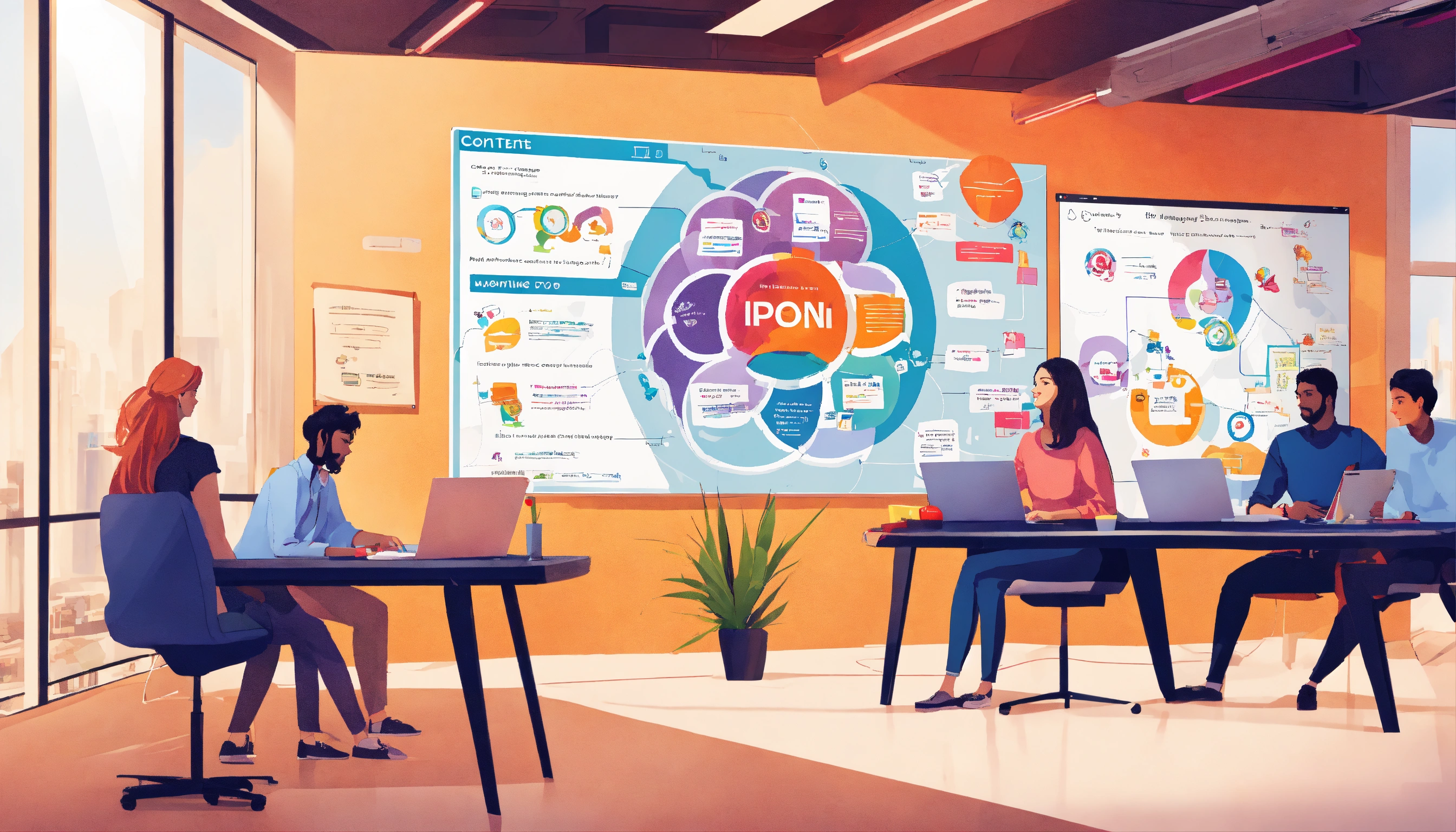In the ever-competitive CRM (Customer Relationship Management) market, choosing between two leading platforms like Zoho CRM and HubSpot can be daunting, especially for small businesses looking to make the most of their limited resources. Both offer robust solutions, but they cater to different needs depending on factors like pricing, automation features, integrations, and scalability.
This comprehensive guide will delve into the main features, pricing, pros, cons, and specific use cases of Zoho CRM and HubSpot to help you decide which one is the best fit for your small business in 2024.
What is the Difference Between Zoho CRM and HubSpot?
When comparing Zoho CRM and HubSpot, the key differences lie in their pricing models, features, and scalability. Here’s a breakdown of the major contrasts:
- Pricing:
- Zoho CRM offers flexible pricing tiers, making it a more affordable option for small businesses. Pricing starts at $14 per user/month for the Standard plan and goes up to $52 per user/month for the Ultimate plan【9†source】【10†source】.
- HubSpot offers a free CRM plan, which is great for businesses starting out. However, to unlock its full suite of features, you’ll need to pay $45/month for the Starter plan and up to $1,200/month for the Enterprise plan【9†source】【10†source】.
- Automation and Workflows:
- Zoho CRM excels in offering customizable workflows and automations, especially with its Zoho Flow integration. You can create advanced workflows that connect with other apps like Slack, Google Drive, and Mailchimp【9†source】.
- HubSpot, on the other hand, is renowned for its intuitive drag-and-drop automation builder, making it easier for non-technical users to set up marketing and sales workflows【9†source】. The platform also boasts more comprehensive prebuilt automation templates.
- Sales and Marketing Features:
- Zoho CRM provides excellent sales forecasting, lead scoring, and reporting features, making it ideal for businesses focused on analytics and data-driven decision-making【10†source】.
- HubSpot is stronger in marketing automation and SEO, with tools designed to optimize email campaigns, content, and social media strategies【9†source】.
- Integrations:
- Zoho CRM integrates with over 100 apps, including Google Workspace, Office 365, and LinkedIn【10†source】.
- HubSpot also integrates with a wide range of third-party apps, but its strength lies in its ability to seamlessly connect its marketing, sales, and service hubs into a single ecosystem【10†source】.
Is Zoho CRM Better Than HubSpot for Small Businesses?
The answer to this question depends on what you prioritize in a CRM system. Zoho CRM offers a more budget-friendly solution with excellent customization, making it ideal for businesses that need scalability but want to control costs. HubSpot, on the other hand, shines in its user-friendly interface and its focus on marketing and sales automation.
- Zoho CRM is better suited for small businesses that prioritize:
- Budget-friendly options
- Extensive customization
- Advanced reporting and analytics tools【9†source】.
- HubSpot is a stronger choice for businesses that:
- Need an intuitive platform with minimal setup
- Focus on marketing automation and content management
- Want a CRM that integrates seamlessly with their marketing, sales, and service hubs【9†source】【10†source】.
Which CRM is Better for Marketing Automation?
HubSpot is the clear winner when it comes to marketing automation. Its marketing hub offers everything from email marketing and landing pages to SEO tools and social media management. For small businesses focused on growing their customer base through marketing, HubSpot’s robust suite of automation tools can save significant time and help drive targeted campaigns【9†source】.
Zoho CRM, while not as feature-rich in the marketing department, still offers strong automation features like email marketing and lead nurturing. It also integrates with Zoho’s broader suite of business tools, including Zoho Campaigns and Zoho Social, which can help small businesses run more cost-effective campaigns【10†source】.
How Much Does Zoho CRM Cost Compared to HubSpot?
When it comes to pricing, Zoho CRM is the more affordable option, especially for small businesses on a budget. Here’s a quick comparison:
- Zoho CRM:
- Standard Plan: $14 per user/month
- Professional Plan: $23 per user/month
- Enterprise Plan: $40 per user/month
- Ultimate Plan: $52 per user/month【9†source】.
- HubSpot:
- Free Plan: Includes basic CRM features, suitable for very small businesses.
- Starter Plan: $45/month (billed annually).
- Professional Plan: $450/month.
- Enterprise Plan: $1,200/month【10†source】.
For businesses that need a comprehensive solution without the steep pricing, Zoho CRM offers much more flexibility. However, HubSpot’s free plan provides a good entry point, though it may require upgrading as your business scales.
What Are the Key Features of Zoho CRM and HubSpot in 2024?
Both CRMs have been updated with new features for 2024, making them even more competitive. Here’s a breakdown of their key features:
- Zoho CRM:
- Lead Scoring: Uses AI to assign scores based on user behavior, improving lead prioritization.
- Advanced Reporting: Over 40 customizable reports with detailed sales insights.
- Automation: Create custom workflows with Zoho Flow, which integrates with popular tools like Mailchimp and Slack【9†source】.
- HubSpot:
- Email and Marketing Automation: Easy-to-use drag-and-drop editor for creating email campaigns, along with automated workflows.
- SEO Optimization: Built-in SEO tools to help you rank better on Google.
- Sales Tools: Includes call tracking, quote generation, and sales automation【10†source】.
Conclusion
Both Zoho CRM and HubSpot offer excellent CRM solutions for small businesses, but they cater to different needs. If you’re a business looking for affordable, customizable options with strong analytics, Zoho CRM is the better choice. However, if you need seamless marketing automation with a user-friendly interface, HubSpot will likely be a more suitable option.
Ultimately, your decision should depend on your specific business needs—whether it’s maximizing marketing automation or sticking to a tight budget with high customization potential.
Meta Description:
Zoho CRM vs HubSpot: Find out which CRM is best for small businesses in 2024. This detailed comparison covers features, pricing, pros, and cons to help you make the right choice.

